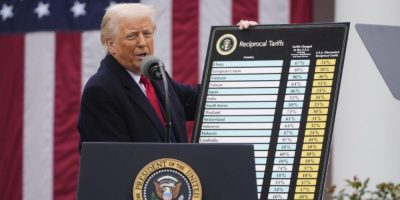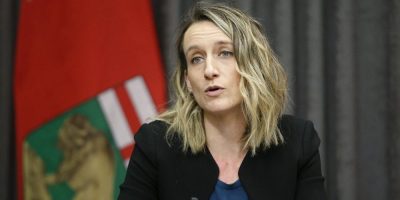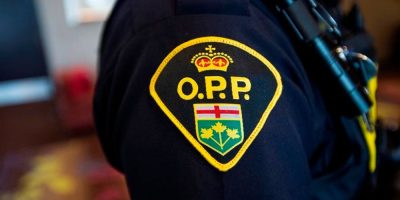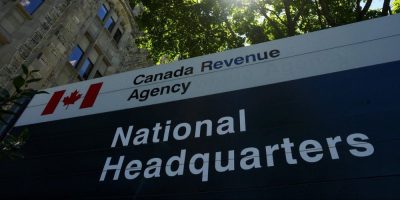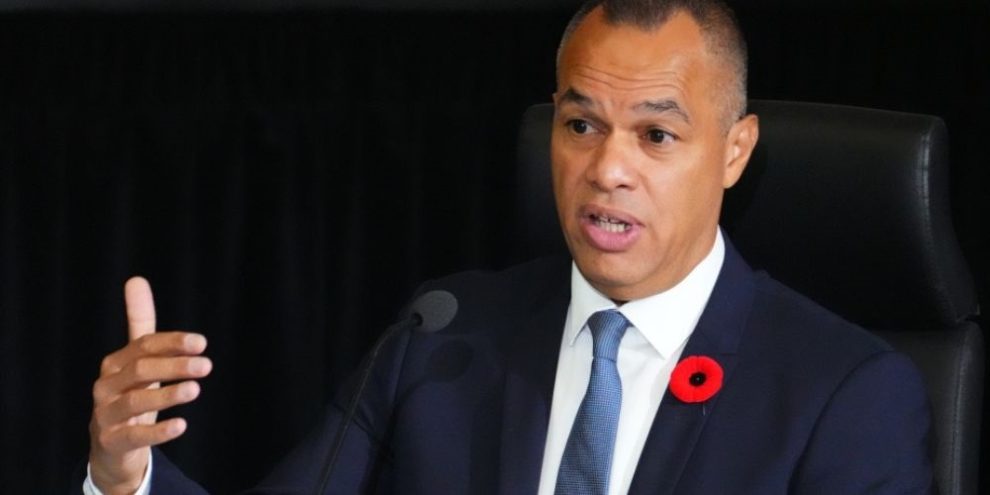
By Stephanie Taylor and David Fraser in Ottawa
It took just several hours on that cold Saturday in January for Peter Sloly to see his previous understanding of the "Freedom Convoy" crumble and realize he had an occupation of the capital city on his hands, the former Ottawa police chief told a public inquiry on Friday.
The scramble by police over the next few days to come up with a plan to get the crowds, and heavy trucks, that gridlocked downtown Ottawa to leave at one point prompted a senior officer to suggest they might want to call in the military, the inquiry also learned.
The ex-chief was a highly anticipated witness at the Public Order Emergency Commission, which is examining the Liberal government's unprecedented decision to invoke the Emergencies Act to help clear protesters blocking the streets around Parliament Hill and several border crossings.
Sloly resigned on Feb. 15, the day after Prime Minister Justin Trudeau invoked the act, amid widespread criticism of how he and the Ottawa police had handled the weeks-long protest.
The Emergencies Act is meant to be used when an urgent, critical and temporary situation threatens the lives, health or safety of Canadians, the provinces are thought to lack the capacity or authority to respond and the crisis cannot be handled effectively with existing laws.
During his testimony on Friday, Sloly defended his reading of intelligence reports and briefings that he had received in the days leading up to protesters' planned arrival in Ottawa on Jan. 28, which he said led him to believe the demonstration against COVID-19 mandates would largely be a three-day event, with some protesters later setting up a "tent city" in a park.
The commission, which has scheduled public hearings in Ottawa through to Nov. 25, has previously been told the Ontario Provincial Police was providing regular intelligence updates to Ottawa police. Copies of those reports, which warned protesters might refuse to leave, have been submitted to the inquiry as evidence.
Those reports showed officers flagging that those headed to Ottawa did not have a date in mind for leaving and pointed to how their plans to bring heavy equipment suggested they intended to dig-in and had the financial means to do so.
Despite this, Sloly testified that he believed most would leave after the weekend, up until the "Freedom Convoy" protest, which saw some trucks arrive Jan. 28, really got underway Jan. 29.
“The nine o’clock briefing that I received on the Saturday morning … was still talking about a weekend event," he told the inquiry.
A couple of hours later, Sloly testified, he realized he was dealing with something completely different. He said police were overwhelmed as thousands of trucks, other vehicles and protesters poured into the city and converged near Parliament Hill.
“It happened that quick."
Tears welled up in the former chief's eyes and he paused when the commission lawyer asked him how his officers managed that first weekend.
"They were doing their very best under inhuman circumstances," Sloly said.
"It was too cold and it was too much."
Sloly also said he did not think he had the legal standing under the Canadian Charter of Rights and Freedoms to prevent protesters from parking their trucks and other vehicles downtown.
"I'm a police officer, not a lawyer," he said.
The former chief says there wasn't just one "Freedom Convoy," but multiple ones that descended on the city. He questioned why he wasn't receiving intelligence from federal agencies on what was coming when protesters travelled from different points across the country.
Sloly told the commission that in the days after protesters arrived, the most senior ranks of the police force suffered from disorganization and a lack of communication on crafting a plan to end the blockades.
Minutes taken during a Feb. 1 meeting between Sloly and other senior officers show that while they discussed different enforcement options, deputy chief Patricia Ferguson asked about "the possibility of military being called in or a state of emergency being declared.”
Sloly responded by advising that everything is on the table.
On Friday, Sloly was also asked about a public comment he made the day after the meeting when he shared that he was "increasingly concerned there is no policing solution to this." The remark caused much confusion at the time.
"This was a national scope event," Sloly said Friday. He said he was referring to the size and scale of the protest being too much for one police force to handle. He admitted that in hindsight, he should have been more clear about what he meant.
Sloly began his testimony Friday by characterizing himself as an "outsider" chief, who was hired in 2019 after spending more than 20 years with the Toronto police.
He says the Ottawa police board hired him to fix the culture within the force and to build more trust with Black, Indigenous and other racialized communities in the city.
He testified that by spring 2020, his leadership was challenged by the COVID-19 pandemic, a shakeup in senior staff and louder calls to defund the police after the police killing of George Floyd, a Black man in Minneapolis.
Banner image: Former Ottawa police chief Peter Sloly appears as a witness at the Public Order Emergency Commission in Ottawa, on Friday, Oct. 28, 2022. THE CANADIAN PRESS/Sean Kilpatrick
This report by The Canadian Press was first published Oct. 28, 2022.

